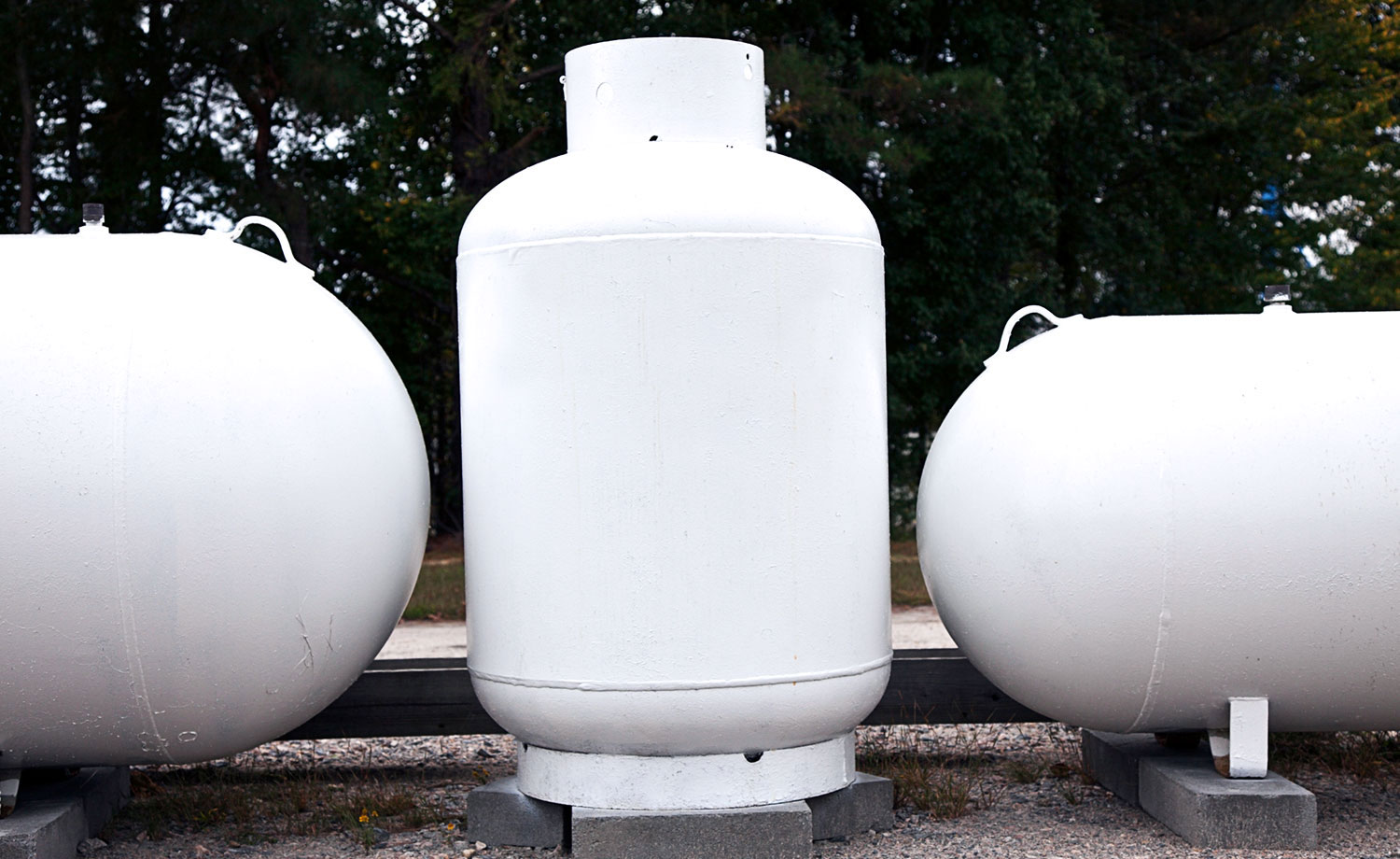
As an economic fuel, propane has come a long way down over the years. Currently, it finds extensive use in industrial, agricultural, businesses, and even homes. The primary uses of propane include water heating, space heating, and cooking. Moreover, it finds a widespread application in rural zones where there is no access to reticulated natural gas.
Some of the appliances that run on propane include water heaters, furnaces, space heaters, ovens, pool heaters, clothes dryers, etc. besides, the fuel finds extensive use in engine applications for internal combustions.
Now, you must be wondering how propane gas is extracted. In this post, you will get to know everything about propane gas extraction.
What is propane gas?
Propane is a typical LPG (liquified petroleum gas). The flammable hydrocarbon gas is liquified by means of pressurization at lower temperatures. You must be knowing that LPG storage tanks and larger gas cylinders are used to store this gas. The gas is easily transportable, given that it is available in cylinders or bottles.
Now comes the interesting part, regarding the extraction of propane gas. It comes from petroleum refining and natural gas processing. Propane is extracted from natural oil and gas wells. It is a fossil fuel, that occurs naturally as it combines with some other hydrocarbons. Therefore, propane gas is not found in isolation. It is obtained by processing natural gas and undergoes the refinery processes of crude oil. After it is liquified through pressurization, it is stored easily in pressure vessels. This eases up the process of distribution and shipping.
How is propane gas prepared?
Propane gas is prepared during oil refining and natural gas processing. Under refrigeration, the gas is separated from the natural gas (unprocessed). A distillation tower is necessary to extract the gas from heated crude oil. Once the gas is pressurized, it becomes liquified. Then it can be stored in tanks and cylinders.
Preparing propane from natural gas
The extraction of propane gas involves a stage where it has to be separated from natural gas. There are some impurities, that get eliminated during the processing. Accordingly, natural gas is obtained in pure form after these impurities are removed. Stripper plants are used to separate propane from the stream of raw natural gas.
Different ways in which propane gas is produced
Over the years, there has been a significant change in the process of propane gas production. Currently, you will come across two broad ways in which the gas is produced. These are natural gas production and refining.
- Obtaining propane from crude oil refining
LPG gases are produced at different stages during the process of oil refining. There is a stage called fractional distillation under pressure. This is the stage of stabilization for crude oil refining. Here, the heavier hydrocarbons settle at the bottom. The lighter ones like propane can be extracted easily from the upper layers.
The nature of the refinery and the exact process largely define the percentage of propane gas that can be extracted. As a thumb rule, it is considered that propane accounts for 1% to 4% of the crude oil that is processed.
- Obtaining propane from natural gas
During natural gas processing, propane is extracted along with butane from the liquid elements. This is done, so that there is no condensation in the pipelines for natural gas. In terms of density, propane is denser by 270 times as a liquid as compared to gas. Once extracted, the gas can be transported in the form of a liquid.
At the later stages, odorants are added to the gas, as it is odorless. This helps in detecting possible gas leaks. The process of extracting propane gas is undergoing constant changes, and the process is likely to evolve further in the coming years.









